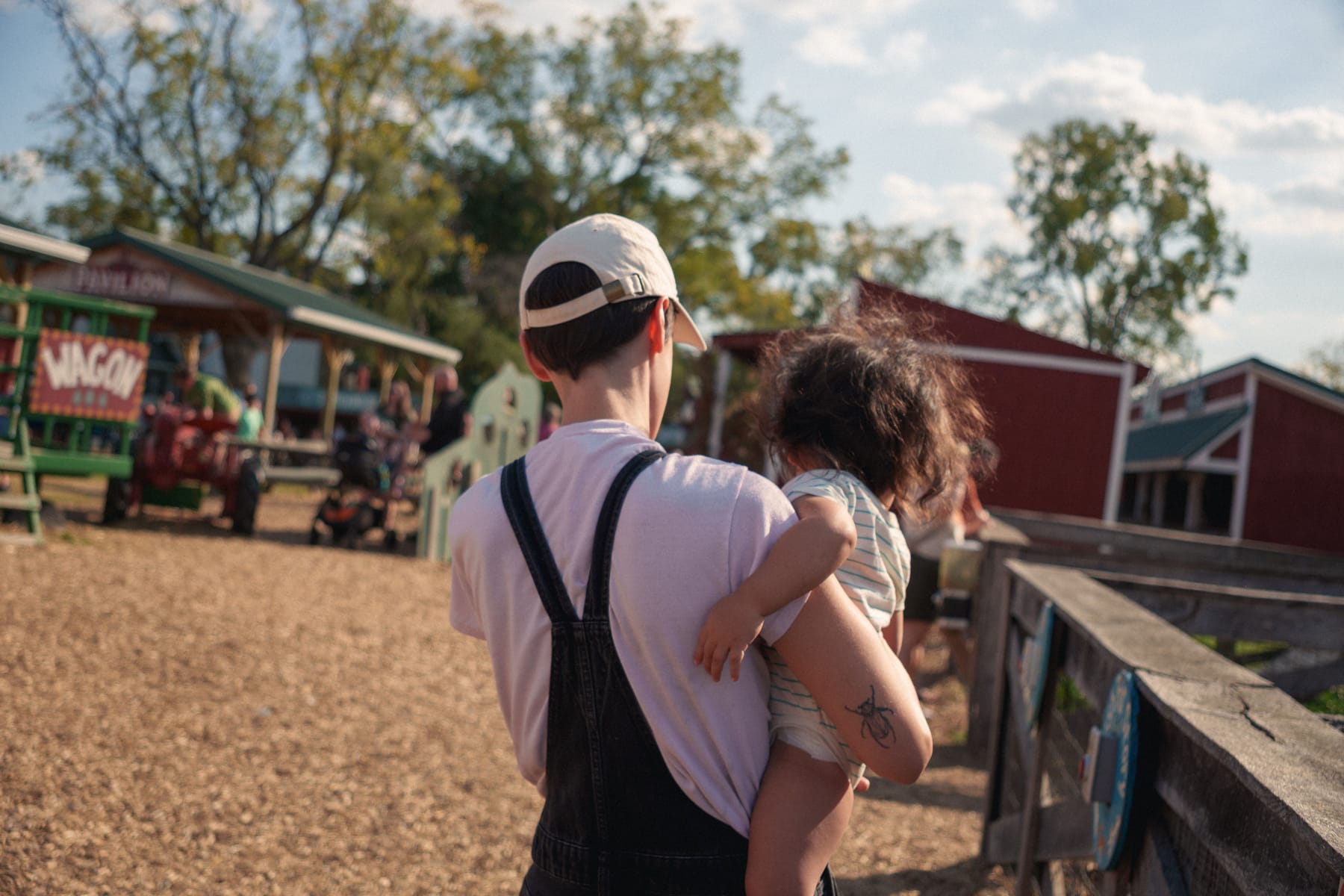My former creative director Marty passed away. When I think about jobs I’ve held that were more like true apprenticeships, working under a master, a mentor, Marty’s name is the first to come to mind. From a brief tribute I wrote on Instagram:
It was working under Marty Cooke that I first saw myself as a professional writer. Because he saw me as one. He taught me it was okay, sometimes necessary, to spend a month writing and rewriting a single paragraph till you found a new way to say something familiar, or an honest way to say something new, until you got clear on whatever the hell it was you were even trying to say. He’d tell you when an idea wasn’t good enough. When it was great, he’d be more excited about it than you were. He was the anti Language Model. He was the coolest dude.
Marty got his start in the Mad Men era. He’d come to work still dressed the part, relaxed suits matched perfectly to his silverwhite hair and clear-frame glasses. He was generous in a way that I appreciate even more now, being a new father. If I could relive those days I’d have asked him more questions. I’d have taken more pictures and printed them out. I was texting back and forth with friends and former co-workers and none of us had any photos of him from that time (late aughts). There are surprisingly few of him online. So much for digital permanence.
When I started Glenn Adamson’s Fewer, Better Things, I was expecting a paean to minimalism. I was surprised, pleasantly, to find that the first half of the book was mostly about craft. Craft and material intelligence (this in 2018, before it was fashionable to stick any old word in front of intelligence).
Hindsight makes it obvious: Quality is the necessary ground. Instead of railing against consumerism and the same tired touting of the benefits of having less stuff (as much as I do enjoy a good tout), Adamson, who’s a museum curator, tries to nurture a reference for the well-made. A more hopeful, abundant approach.
Speaking of abundance: Adamson’s twin brother, Peter Adamson, is a philosophy professor who hosts a long-running podcast called History of Philosophy Without Any Gaps. The “Without Any Gaps” here refers to all the figures who get skipped over in undergrad Intro to Philosophy classes – basically everyone in the two thousand years between the Big Three (Socrates/Plato/Aristotle) and the enlightenment.
You can almost picture this as a breezy, encyclopedic book or series of books (in fact, Adamson has been simultaneously writing just such a series), but to me, it’s a perfect podcast format. Each episode is about 20 minutes long and, as of this writing, there are 477 of them (and they’ve only gotten as far as Descartes). A feat of endurance.
These two questions about AI share a duplex in my head: 1) Will it be more of the same convenience-peddling, democracy-eroding, power-concentrating, environmentally catastrophic ill effect of the tech that came before it? Or 2) does it represent a genuinely divergent (and more humane) trajectory from the first road?
Dan Shipper makes a case for the latter. Full disclosure: I edited this essay, and Sunday letter readers will notice some common themes. In it Dan argues that language models are the first time we’ve been able to embed human intuition into a tool. And since our tools shape us as much as we shape them, language models can help bring about a new worldview that breaks the more tyrannical aspects of the old, mechanistic worldview – the one that we in the West have inherited from those three ancient Greek dudes.
The false binary I led off with here (can’t it be some of both?) is exactly the kind of paradox Dan argues that we can better hold, and work with, when we learn to see like a language model.
Jack
